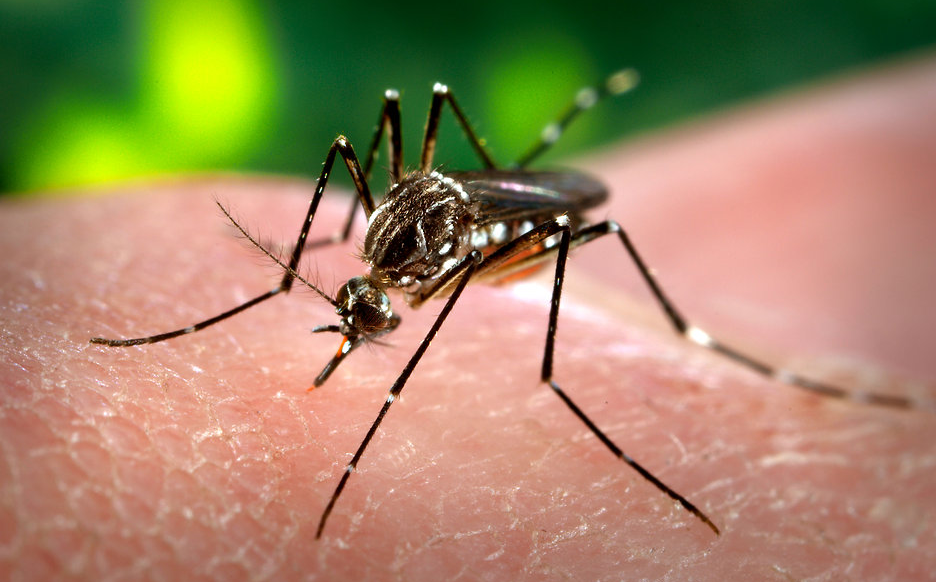 Parler
Parler Gab
Gab
Face masks bad for lung health
The American Lung Association stated that prolonged use of face masks like N95 respirators may lead to carbon dioxide build-up in people with a pre-existing lung condition. Excessive levels of carbon dioxide in the body, known as hypercapnia, can cause symptoms such as headaches, dizziness and shortness of breath. While most healthy individuals are not likely to have this issue, anyone with a respiratory illness, such as chronic obstructive pulmonary disease or COPD, may be at risk of the condition. Dr. Amesh Adalja of the Johns Hopkins Center for Health Security in Maryland also said that N95s are not intended for the general public but for healthcare workers and the patients they care for. "It’s uncomfortable to wear, and it does restrict your breathing," Adalja told Health. (Related: Study: N95 masks with exhalation valves cannot stop the spread of coronavirus.) Unfortunately, even other types of masks can be bad for the lungs. A 2015 study published in the journal BMJ Open shows that the use of cloth masks can increase the risk of respiratory illness and viral infection in a healthcare setting. Researchers found that particle penetration in cloth masks was almost 97 percent. They suspect that moisture retention, reusing the masks and poor filtration may explain the increased risk of infection. "We should be cautious about cloth mask use in healthcare settings, particularly high-risk situations," said lead author Raina MacIntyre of the University of New South Wales in Australia.Oral and skin problems caused by face masks
Experts use the term "mask mouth" in reference to the host of dental and oral health problems caused by the prolonged use of face masks. Dr. Bridget Glazarov, a general and cosmetic dentist in New York City, said that wearing a face mask forces a person to breathe through the mouth. This dries out the saliva and causes dry mouth, Glazarov said. Dry mouth can lead to cavities, gum disease, bad breath and tooth decay, according to Dr. Jennifer Bell, a North Carolina dentist and spokesperson for the Academy of General Dentistry. The National Institute of Dental and Craniofacial Research also said that persistent dry mouth can increase the risk of oral infections with bacteria like Candida albicans, which is responsible for oral thrush. "Rebreathing your own expelled air at higher quantities than normal can cause a build-up of bad bacteria," explained Bell. Masks can also irritate the skin and cause "maskne." Also known as acne mechanica, maskne is caused by the combination of heat, friction, skin occlusion and excessive moisture, according to Dr. Harry Dao, a dermatologist at Loma Linda University Health in California. But acne isn't the only skin problem plaguing mask wearers. Dao said that some masks contain chemicals like formaldehyde and bronopol that can trigger allergic contact dermatitis. Moreover, the heat and stress caused by masks can worsen rosacea, a skin disease characterized by redness. (Related: Face masks make it harder to hear, affect social interaction.) Dao and Glazarov recommend the following tips to prevent skin and oral problems:- Wash your face before putting on a mask – This prevents dirt and oil from being trapped on the skin surface, which can otherwise cause breakouts.
- Wash your mask – If you're wearing a cloth mask, wash it after every use to get rid of germs.
- Use fragrance-free soap – Fragrances can irritate the skin.
- Avoid wearing makeup – Wearing makeup under a mask causes clogged pores and breakouts.
- Practice good oral hygiene – Brush your teeth twice a day and rinse your mouth with a saline solution.
- Keep hydrated – Proper hydration helps prevent dry mouth.
Deborah Birx hid covid info from Trump, altered CDC guidelines without approval
By Ethan Huff // Share
Germany’s birth rate improbably falls by 11% in the first quarter of 2022
By Lance D Johnson // Share
By Mary Villareal // Share
Common signs and symptoms of magnesium deficiency
By Olivia Cook // Share
"This is a bloodsport for them" - Lara Logan exposes "the age of information warfare"
By newseditors // Share
Zionist groups urge Trump White House to prioritize deporting anti-Israel protesters
By newseditors // Share
NewsGuard's days are numbered: U.S. House takes bold stand against media bias
By willowt // Share











